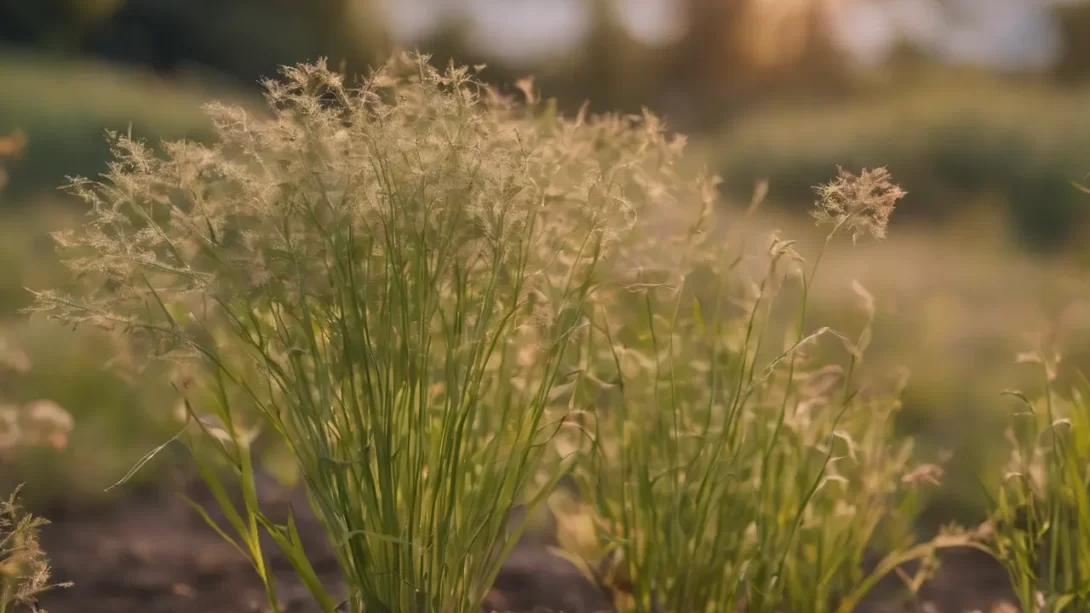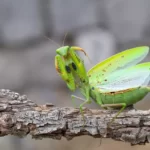Gardeners often grapple with the challenge of weeds and may wonder if fertilizers, typically used to boost plant growth, can also aid in weed control. Commonly, there’s a misconception that fertilizers can double as weed killers. This article aims to dissect the relationship between fertilizer use and weed growth, providing clarity on whether fertilizers can indeed kill weeds or if they might unintentionally promote their growth.
Fertilizers
Fertilizers are substances added to soil or plants, primarily to supply essential nutrients and enhance growth. There are several types, including chemical (synthetic), organic (derived from plant or animal matter), and slow-release fertilizers. Each type has distinct characteristics and applications in gardening.
The primary nutrients in most fertilizers are Nitrogen (N), Phosphorus (P), and Potassium (K), often referred to as NPK. Nitrogen is crucial for leaf growth, Phosphorus for roots and flowers, and Potassium for overall plant health. The balance of these nutrients can significantly affect plant development.
The primary role of fertilizers is to replenish nutrient levels in the soil, thus promoting healthier, more vigorous plant growth. They do not directly act as pest or weed control agents. By improving nutrient availability, fertilizers can enhance a plant’s ability to compete with weeds but do not specifically target weed growth or suppression.
Weed Growth and Characteristics
Weeds are generally defined as plants growing where they are not wanted. They are often robust, adaptable, and aggressive in nature, capable of thriving in various conditions. Common weeds include dandelions, crabgrass, and nettles.
Weeds compete with garden plants for essential resources: light, water, and nutrients. This competition can be intense, particularly in nutrient-rich environments. Weeds are often more efficient than cultivated plants at absorbing these resources, which can hinder the growth of desired plants.
Environmental factors such as temperature, light, and soil conditions play a significant role in weed proliferation. Weeds often have a high degree of adaptability, allowing them to flourish in less-than-ideal conditions where cultivated plants might struggle. Understanding these factors is key to effective weed management in gardens.
Interaction Between Fertilizer and Weeds
Fertilizers, while intended to nourish plants, can indirectly affect weed growth. When applied, these nutrients do not discriminate between desired plants and weeds. Consequently, weeds in a fertilized area may receive the same growth boost as garden plants. This inadvertent nutrient supply can sometimes result in a more challenging weed problem.
Weeds often respond more aggressively to fertilization than cultivated plants. Their rapid growth rate and efficient nutrient uptake mechanisms can give them an edge in a fertilized garden. It’s a misconception that fertilizer will harm weeds; in many cases, it actually aids their growth.
Research has shown that excessive or improperly applied fertilizer can lead to increased weed issues. Balanced fertilization, tailored to the specific needs of the plants being cultivated, is crucial in preventing the unintended benefit to weed populations.
Can Fertilizers Kill Weeds?
It’s important to clarify that fertilizers are not formulated to kill weeds. They are nutrients for plant growth, without any properties specifically targeting weed eradication.
While not designed as weed control, excessive amounts of fertilizer can be detrimental to all plants, weeds included. Over-fertilization can lead to nutrient imbalances, causing harm to plant roots and potentially leading to plant death. However, this is not a recommended weed control method, as it also damages desirable plants and can disrupt soil health.
Improper use of fertilizers, such as over-application or applying at the wrong time, can inadvertently enhance weed growth. This misuse creates an environment more favorable to weeds than to the desired garden plants, making weed management more challenging.
Proper Fertilizer Use to Minimize Weed Growth
To ensure that fertilization benefits garden plants without encouraging weeds, gardeners should adopt best practices in fertilizer application. This includes using the right type and amount of fertilizer, applying it at the appropriate time, and ensuring even distribution to avoid concentrated spots that could favor weeds.
The timing of fertilizer application can greatly impact its effectiveness. For instance, applying fertilizer when garden plants are in their active growth phase can maximize their nutrient uptake, leaving less available for weeds. Additionally, targeted application methods, such as spot treatments or slow-release formulas, can reduce the amount of nutrients accessible to weeds.
Soil testing is a vital step in determining the specific nutrient needs of your garden. By understanding your soil’s existing nutrient content, you can choose a fertilizer that supplements deficiencies without overloading the soil. Balanced fertilization, tailored to your garden’s needs, is key to promoting healthy plant growth and minimizing weed competition.
Alternative Weed Control Methods
While fertilizers alone cannot control weeds, integrating them with effective weed management practices can significantly improve garden health. This integrated approach involves combining fertilization with other weed control strategies.
Mulching is a highly effective method for suppressing weeds. It creates a physical barrier, limiting light and space for weed growth. Organic mulches also improve soil health over time, further enhancing the growth of desired plants.
Regular manual removal of weeds can greatly reduce their presence in a garden. For more severe weed problems, herbicides might be necessary. However, these should be used judiciously, following all safety guidelines, to avoid harming desirable plants or the environment.
For those seeking organic gardening practices, there are several sustainable weed management options. These include using organic mulches, employing natural herbicides like vinegar or corn gluten meal, and practicing crop rotation to disrupt weed growth patterns.
Conclusion
This article has explored the misconception that fertilizers can kill weeds, highlighting that fertilizers are designed to nourish plants, not to control weeds. While improper use of fertilizer can inadvertently promote weed growth, proper application and integrated weed management practices can help maintain a healthy, weed-minimized garden.
Gardeners are encouraged to practice responsible gardening by understanding the specific needs of their plants and soil, using fertilizers appropriately, and adopting effective weed control methods. Balancing fertilization with other gardening practices is key to a thriving, healthy garden.
By combining balanced fertilization with strategic weed control methods, gardeners can effectively manage weeds without compromising the health of their desired plants. The goal is to create a garden environment where plants can flourish, supported by nutrients and protected from weed competition, ensuring a vibrant and productive garden space.



